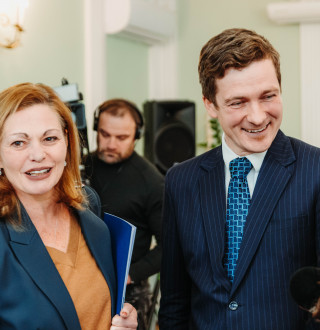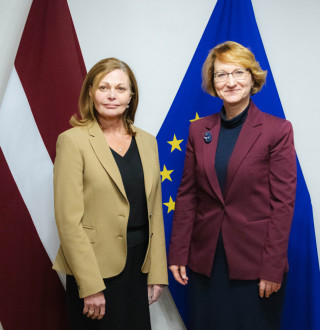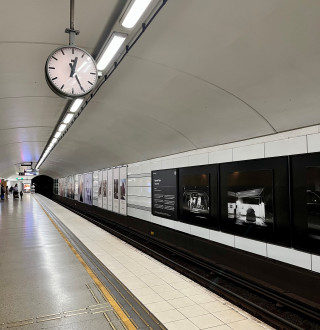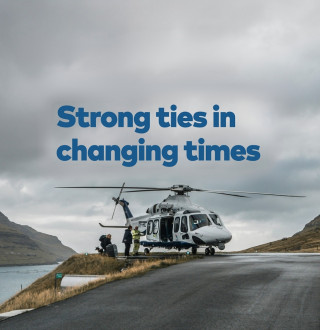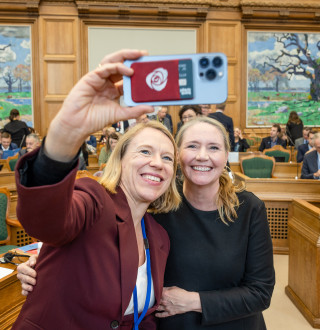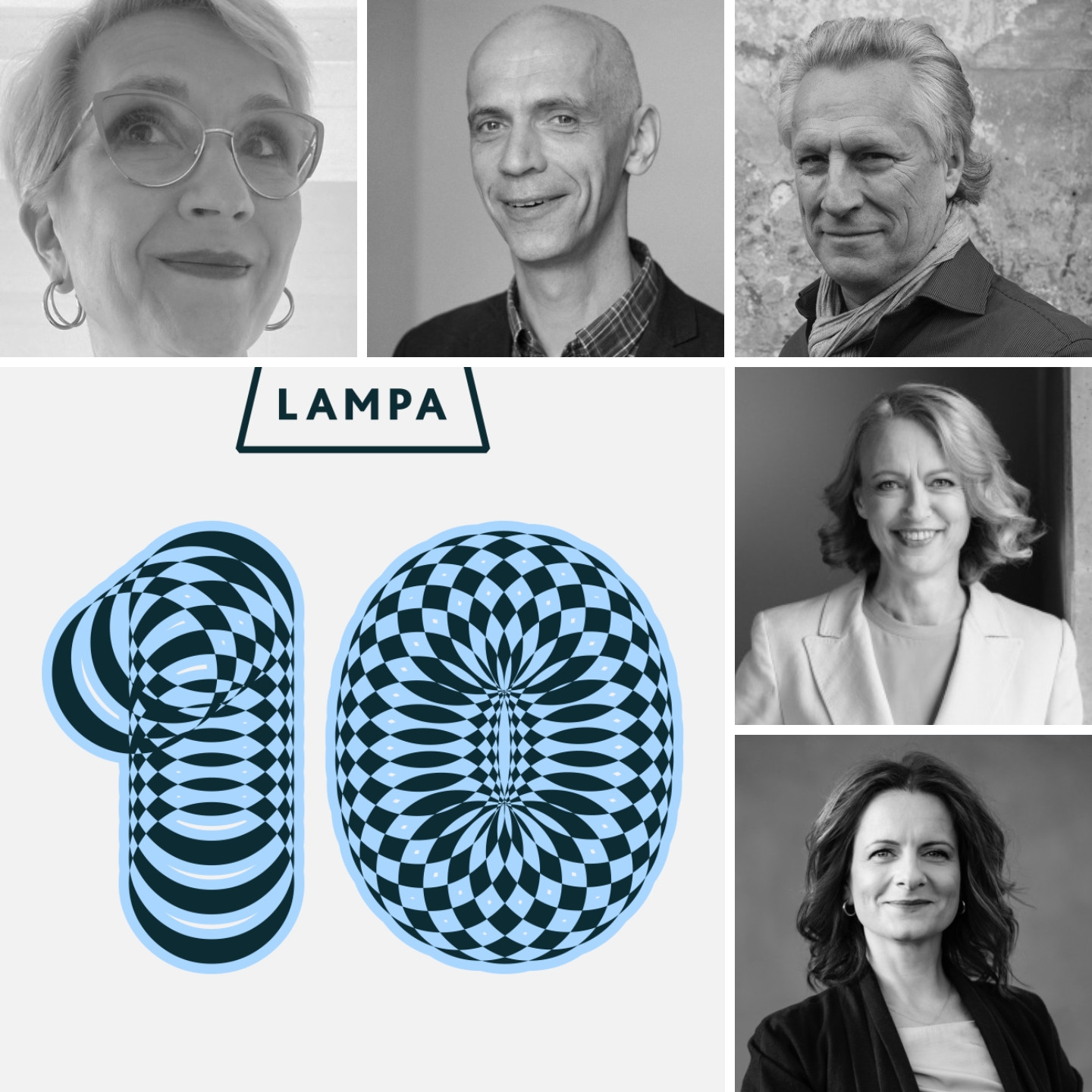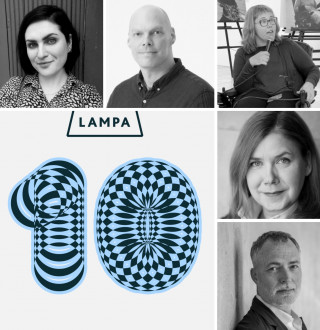There are widespread assumptions that trust is one of the guiding values of Nordic leadership, that social capital in the form of trust makes it possible for the Nordic countries to assert themselves in global competition, that an exceptionally high level of trust is one of the Nordic region’s most vital resources and that such trust provides an important competitive advantage. Trust relations are also assumed as a prerequisite for successfully launching a business in challenging foreign markets and a cornerstone of a functioning democracy.
All available research indicates that the Nordic societies are characterized by high levels of social trust. However, the levels are not just high in themselves – they distinguish Denmark, Finland, Iceland, Norway and Sweden from the rest of the world, and no other countries reach the same levels. The economy benefits in many ways from social trust. A society with a high level of social trust has fewer formalities, conflicts and legal processes. In economic terms, social trust reduces transaction costs in the economy, i.e. costs associated with ensuring that an agreement is fulfilled. Calculations indicate that an
increase of ten percentage points in social trust can be expected to increase economic growth in a country by half a percentage point.
The effects of trust extend beyond purely economic aspects – research has also shown social benefits. People with greater levels of trust are more inclined to perceive that they have better control over their lives and better life chances. Trust is also regarded as an important component in promoting engagement in society, reducing criminality, and increasing individual happiness. Consequently, the high levels of social trust can justifiably be called a Nordic gold, both for the individual and for society. Trust is not a natural resource as such, but something that has grown over a long period through several interacting societal processes.
One of the possible seeds of the present fruit are deemed the associations that arose during the 19th century in the Nordic region, often described as ‘popular movements’, were usually voluntary, local and member-based, and characterized by democratic decision-making processes. These features were far more common than in other countries. The associations served as a type of glue, holding society together and promoting strong local norms of trust and respect. These associations left deep impressions on the Nordic societies
In many ways, trust is the cohesive force that holds the Nordic societies together. The Nordic societies would probably have more to lose through reduced social trust than other countries – not simply because the Nordic societies have the highest levels of trust, but because the social model, or rather the social contract, is based on high levels of social trust.
The aim of the discussion is to seek to understand what expectations regarding trust are embedded in our perceptions and “models” of social interaction and how trust becomes negotiable and transformative in various contexts. It asks to what extent the nature of trust is universal and why it’s considered as a competitive advantage in the Nordic region. And how the state, commercial imperatives, social relations, and cultural meanings come together to create various ethical formations to which we adapt to be able to survive and grow in our public, corporate and everyday encounters.
The panel discussion “Trust as a competitive advantage” will take place on July 6 at 1 PM, gathering experts from Latvian and from the Nordics.
PANELISTS
Ieva Tetere, Head of SEB Bank
With more than twenty years of experience in the financial sector in the UK, the Baltics, and Latvia, Ieva has been leading one of the largest banks in Latvia, SEB Bank, for the past nine years. Ieva is also a member of the Council of the Financial Industry Association and a board member of the association “Latvian Formula 2050”. She believes that the growth of society and the state is driven by engaged people and a civically active society. Ieva aims to strengthen the next generation by establishing her own “Vītolu fonds” scholarship, giving talented young people the opportunity to grow.
Katju Holkeri, Head of Governance Policy Unit, Finnish Ministry of Finance
Katju Holkeri is the Head of the Governance Policy Unit at the Finnish Ministry of Finance and the Chair of the OECD Working Party on Open Government. In her role, Katju oversees the development of open governance initiatives, promotes partner dialogues at the national level, and actively works to strengthen trust and ethical principles in public administration. Her unit is also responsible for supporting innovation and leadership skills, as well as managing civil service legislation and governance systems.
Ivars Austers, professor of Social Psychology at the University of Latvia, Host of Radio NABA
Ivars began his professional career in social psychology with studies on social groups. He was also interested in people’s ability to change perspective or the conditions under which they can guess/anticipate others’ thoughts. Conducting these studies, Ivars earned a doctorate from Stockholm University and a position at the University of Latvia, where he is a professor of social psychology. His research interests include social identity, perspective-taking, decision-making, and the psychology of drivers. “A well-conducted experiment in social psychology has aesthetic value,” says Ivars Austers.
Lars Trägårdh, Swedish historian and writer
Currently leading the committee for the development of the Swedish cultural canon. Since 2009, he has been conducting a project on social trust in Sweden.
MODERATOR
Agnese Cimdiņa, Head of Diversity and Inclusion Practice at PwC Latvia
Agnese is a Doctor of Social Anthropology, an internationally certified diversity management expert, and the Diversity and Inclusion Practice Leader at PwC Latvia. She has a long professional experience working with Nordic organizations and she has gained extensive international experience working with academic, private, and diplomatic sectors. Agnese holds a master’s and a doctoral degree in social anthropology from the University of Bergen (Norway), specializing in business anthropology, development anthropology, intercultural understanding, and qualitative research methods.
DISCUSSION DETAILS
Time: July 6 at 1 PM
Location: On-site at the stage “Ziemeļsala” (tent No. 49) or online on Facebook or website of the “Lampa” festival.
Language: English. Translation into Latvian will be provided.
The full programme of “Ziemeļsala” is available here.
